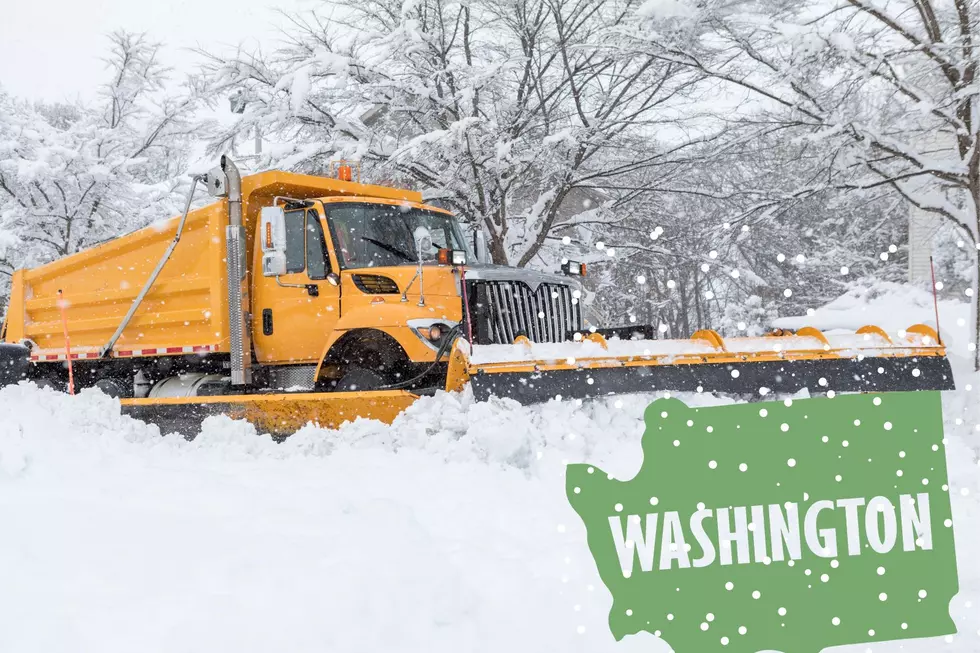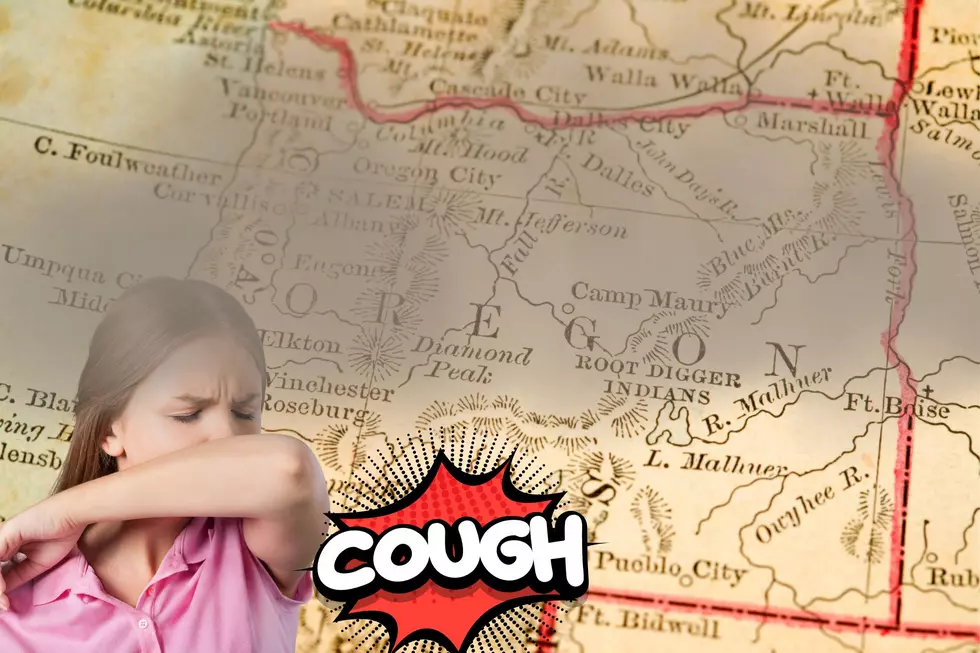
Unlock Winter Tire Wisdom: What Every Washingtonian Should Know
What Is The Difference Between All-Weather And All-Season Tires?
Choosing the right tires for your vehicle can be a daunting task, especially during the winter season. As a teenager growing up in Washington State, I ended up in the ditch on multiple occasions in the winter.
It does get complicated when it comes to which tires to purchase and I thought I'd break down some differences in winter tires - trust me, every tire isn't built the same.
How Do I Decide What Snow Tires Will I Need In Washington State During Winter?
There are different types of tires to choose from, with all-season and all-weather snow tires being the most common.
All-season tires are designed to provide reliable performance in all weather conditions, including light snow. These tires are built with moderate tread depths to provide good traction on dry and wet roads and offer a comfortable and quiet ride. They are ideal for drivers who live in areas with mild winter conditions or those who don't want to change their tires twice a year.
However, all-season tires don't perform as well on icy and snowy roads as snow tires. They are not meant for severe winter weather conditions, and it's not recommended to drive with them in deep or heavy snow or on icy roads.
All-weather tires, on the other hand, are designed to provide reliable performance in all seasons, including winter.
They are built with a more aggressive tread pattern and deeper grooves than all-season tires, offering better traction and handling in snowy and icy conditions. They are ideal for drivers who live in areas with moderate winter conditions and want the convenience of using the same set of tires throughout the year.
All-weather tires carry the "Mountain Snowflake" symbol on the sidewall, indicating they meet the industry's severe snow service requirements. These tires are suitable for light to moderate snow conditions and provide better performance than all-season tires.
However, all-weather snow tires are not as good as dedicated winter tires when handling extremely harsh winter weather conditions such as heavy snow, ice, or temperatures below -10°C.
As you can see, all-weather and all-season tires can vary dramatically. I found this helpful YouTube video which hopefully goes into more depth when it comes to picking the right tires for driving in Washington State during the winter.
If I could go back in time, I'm sure I could've saved myself a headache a time or two when purchasing tires as ending up in a ditch was never fun.
The Five Prettiest Winter Towns in Washington State
Gallery Credit: Rik Mikals
5 of the Best Places To Hike During the Winter in Washington State
Gallery Credit: Rik Mikals
More From 98.3 KEYW









